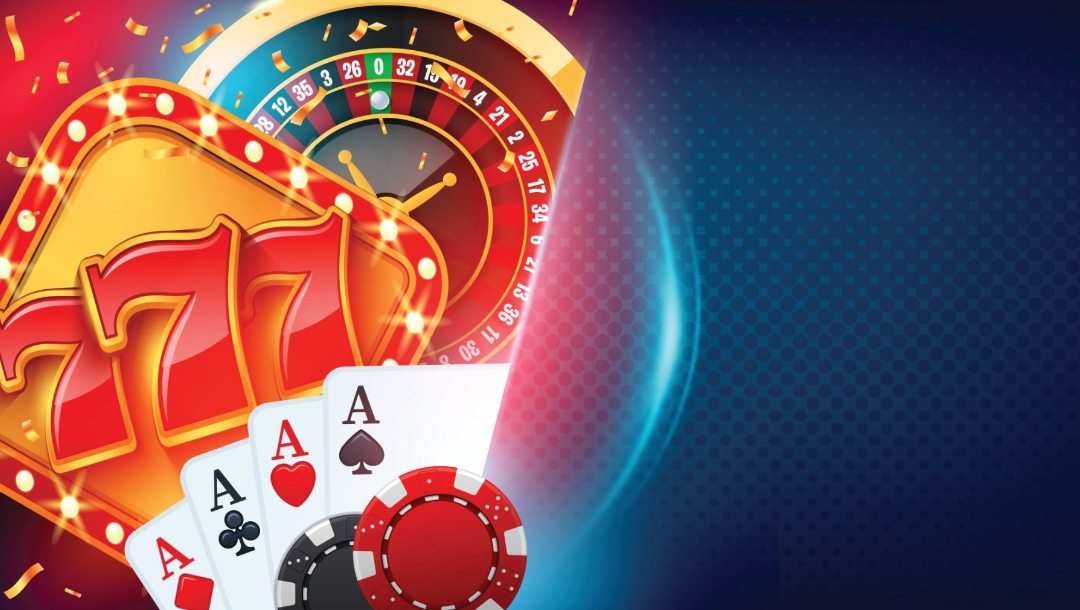
In the world of gambling, where chance and strategy converge, a unique tapestry of beliefs manifests—one that intertwines luck, fate, and the enigmatic nature of casino games. Casinos, bustling with excitement and anticipation, are not just venues for placing bets; they are also arenas where superstitions thrive. Ranging from the novice player to the seasoned gambler, these mysterious practices often shape how individuals approach the games they play, holding the belief that their actions can influence the outcome in ways that go beyond mere probability.
When players gather around roulette wheels, blackjack tables, and slot machines, the atmosphere is thick with stories of lucky charms, rituals, and codified behavior that defy logic yet provide a sense of comfort. It could be the case that it’s wearing a specific outfit, following a particular sequence of bets, or even avoiding certain numbers, the attachment to various superstitions reflects a deep-rooted desire to manipulate the uncontrollable. This article delves into the captivating world of casino game superstitions, exploring the beliefs that simultaneously entertain and mystify those who dare to play.
Historical Beginnings of Superstitions
Gambling games have long been interwoven with an array of superstitions that trace to ancient cultures. The beginnings of these ideas can be connected to humanity’s innate need to control the random outcomes connected with chance and randomness. In ancient civilizations, activities of chance were often linked to spiritual practices. Players would seek favor or seek favor from spirits, believing that their actions could influence the results in their benefit. This groundwork laid the groundwork for the multitude of superstitions that proliferated as gambling evolved over ages.
During the medieval period, betting became a common pastime across Europe, and with it, a colorful tapestry of superstitions appeared. Players adopted different rituals and charms, believing they could influence the consequences of games. The significance of digits, in particular, started to appear in superstitions pertaining to card games and dice. The number seven was often considered favorable, while various numbers carried negative connotations. These beliefs mirrored the cultural contexts of the time, changing as they passed through generations and adapted to different gaming environments.
As gaming establishments emerged in the 1600s, particularly in the Italian peninsula and France, the atmosphere surrounding gambling became imbued in mystique. The growing openness of gambling games allowed for the dissemination and variation of superstitions among players. Concepts like charmed charms, specific seating locations, and rituals gained prevalence, creating a distinct culture within casinos. As these customs continued to thrive, they became integral to the identity of casino games, illustrating how history and culture shape the notions that influence how gamblers connect with luck.
Common Gambling Superstitions
Beliefs surrounding casino games are abundant and diverse, mirroring the hopes and fears of gamblers as they engage in random activities. One of the most prevalent views is that specific digits bring luck or misfortune. For example, the digit seven is often seen as a lucky digit, frequently embraced by gamblers looking for a positive outcome. Conversely, the digit thirteen is routinely considered unlucky, leading many players to avoid it during their gaming sessions.
Another common superstition relates to rituals that players believe can affect their odds. It could be blowing on the dice before a roll, using a specific gesture to place a wager, or even putting on particular items of clothing, many individuals feel that these rituals can sway luck in their favor. These practices offer a sense of power in an otherwise unpredictable environment, strengthening the idea that luck can be manufactured through personal convictions and customs.
Finally, the environment and atmosphere of the casino itself adds to myths. Many players suggest that the presence of certain symbols, such as four-leaved clovers or fortunate tokens, can enhance their chances of success. Additionally, players might hold to the belief that victory streaks can be interrupted by mundane events, such as a person passing by or a spill at the table. The collective environment in a casino can amplify these superstitions, creating a communal culture of superstitions that transcends individual experiences.
Impact of Superstitions on Players
Superstitions play a crucial role in the mindset of casino players, often affecting their actions and choices. Numerous gamblers think that fortune can be influenced through different rituals, such as wearing a lucky charm, selecting specific colors, or avoiding certain numbers. liên minh kjc This dependence on superstitions can create a sense of control in an environment that is inherently unpredictable. Players frequently feel more self-assured and engaged when they believe that their actions could sway the result of a game in their advantage.
The impact of these superstitions extends beyond singular players, affecting the general atmosphere inside the casino. For instance, a player who holds the belief in the luck of a certain slot machine might attract a crowd, as others are fascinated by their apparent success. This shared belief can amplify excitement and create a lively environment, leading to an engaging experience even for those who may not necessarily be superstitious. The buzz around certain games can lead to higher participation and extended playing sessions, supporting the casino’s lively social scene.
In some cases, superstitions can lead to harmful effects for players. Relying too heavily on rituals can result in bad gambling decisions, as some may ignore basic strategies in favor of baseless beliefs. Additionally, the stress to perform rituals may heighten anxiety and stress levels, diminishing from the enjoyment of the experience. Ultimately, while superstitions can enhance the excitement of playing casino games, they can also lead to foolish choices that overshadow the fun and entertainment intended in the casino experience.
